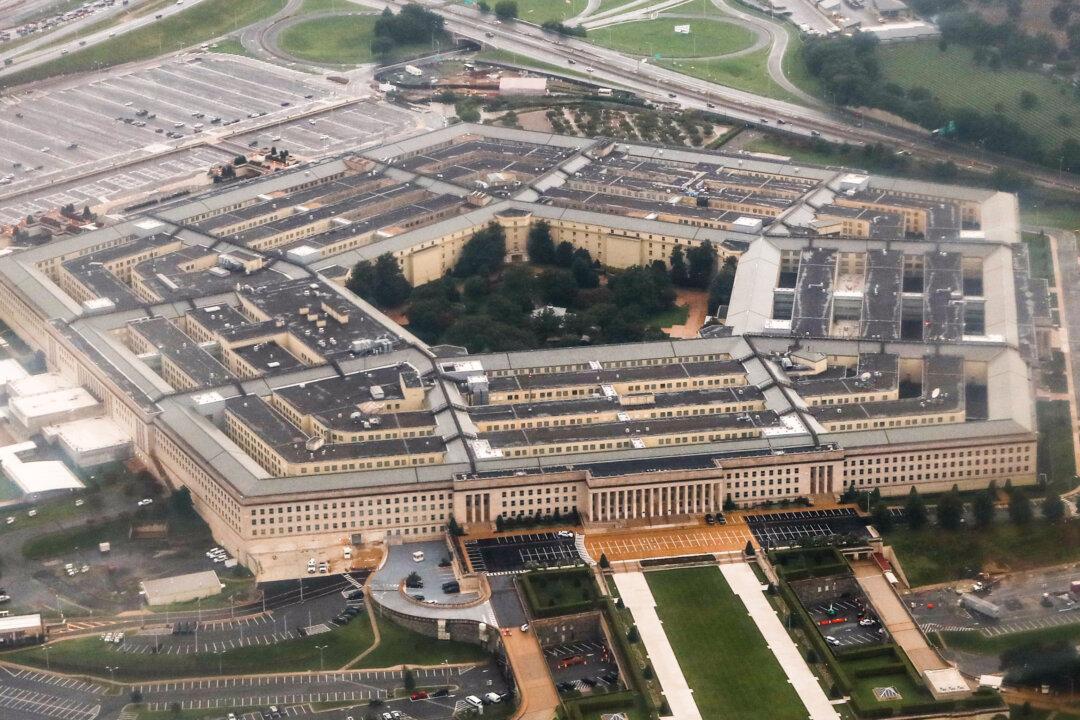The U.S. military needs to upgrade its psychological operations as adversaries take advantage of cyberspace to ramp up psychological warfare on the United States. Yet the military faces a difficult landscape to up its game, based on remarks by several current and former Special Operations officers.
“We need to move beyond our 20th century approach to messaging and start looking at influence as an integral aspect of modern irregular warfare,” said Andrew Knaggs, former Green Beret and now the deputy assistant defense secretary for special operations and combating terrorism, at a Feb. 5 defense industry symposium, the Military Times reported.





